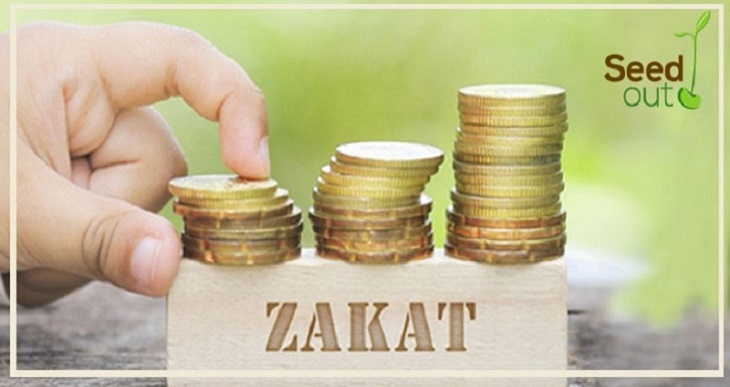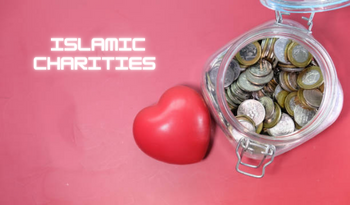There are Five Pillars of Islam, and Zakat is one of them. According to Islam, 2.5% zakat is payable on wealth that a person has in possession for a lunar year. However, if If wealth amounts to more than the Nisab, zakat becomes obligatory and if the wealth amounts is less than a threshold figure, termed the Nisab, then no zakat is payable for you.
What is Zakat?
There are Five Pillars of Islam, and Zakat is one of them. Zakat, also known as Zakah and is the third pillar of Islam which means ‘to purify’ your wealth in the name of Allah (SWT).
Donation or Charity in Islam is veritably important, and there are numerous different constraints to follow, some of which may get confused. Sometimes, Zakat gets muddled up with Zakat Ul-Fitr, but they're different. Zakat Ul-Fitr – also known as Fitrana – is a mandatory donation (traditionally food, now more so a financial donation to a charity who distribute food on your behalf) made before Eid. Zakat is an obligatory2.5 donation all suitable Muslims make on their redundant wealth to help those less fortunate and in need of assistance. However, can we give Zakat before Ramadan, the answer is yes, if you ’re wondering. It isn't specific to a certain event or time of the time, although frequently it's given in the last 10 days of Ramadan as it's believed the prices for giving are topmost at this time of time.
Through giving Zakat, the peak between the poor and rich is lessened and Muslims are reminded that being fat isn't everything and that Allah (SWT) – whilst He can bless us with wealth – can take our fortune down. Through Zakat, we're suitable to come more Muslims.
Eligibilities of Zakat in Islam:
There are eight commands listed in the Qur’an as being eligible to admit Zakat, and they're as follows:
- People who don't have access to introductory requirements and amenities, known as Al-Masakin
- Those living in poverty and with little to no income appertained to as Fuqara
- Individualities or associations employed to distribute Zakat, also called Amil
- Those who are new to Islam and musketeers of the community, appertained to as Muallaf
- People living in prison and victims of slavery, known as Riqab
- Individualities who work for Allah’s cause, also called Fisabilillah
- People who are travelling and bear help or backing, appertained to as Ibnus Sabil
- People who are in debt beyond their means, known as Gharmin
.
People who are inside these eight points are liable for Zakat only.










